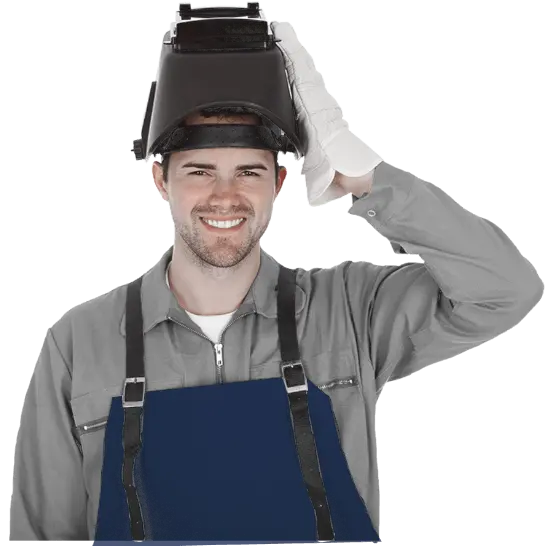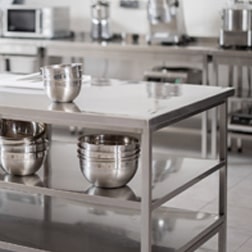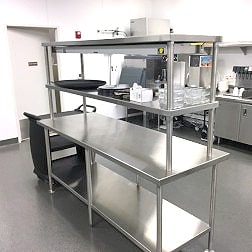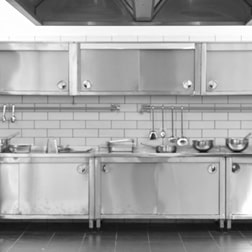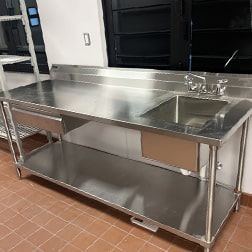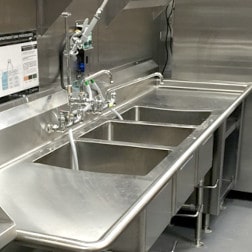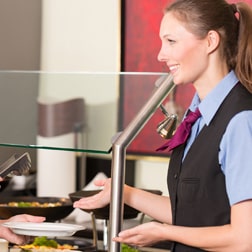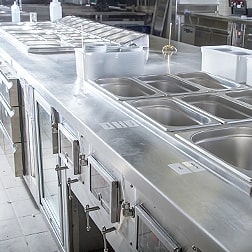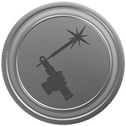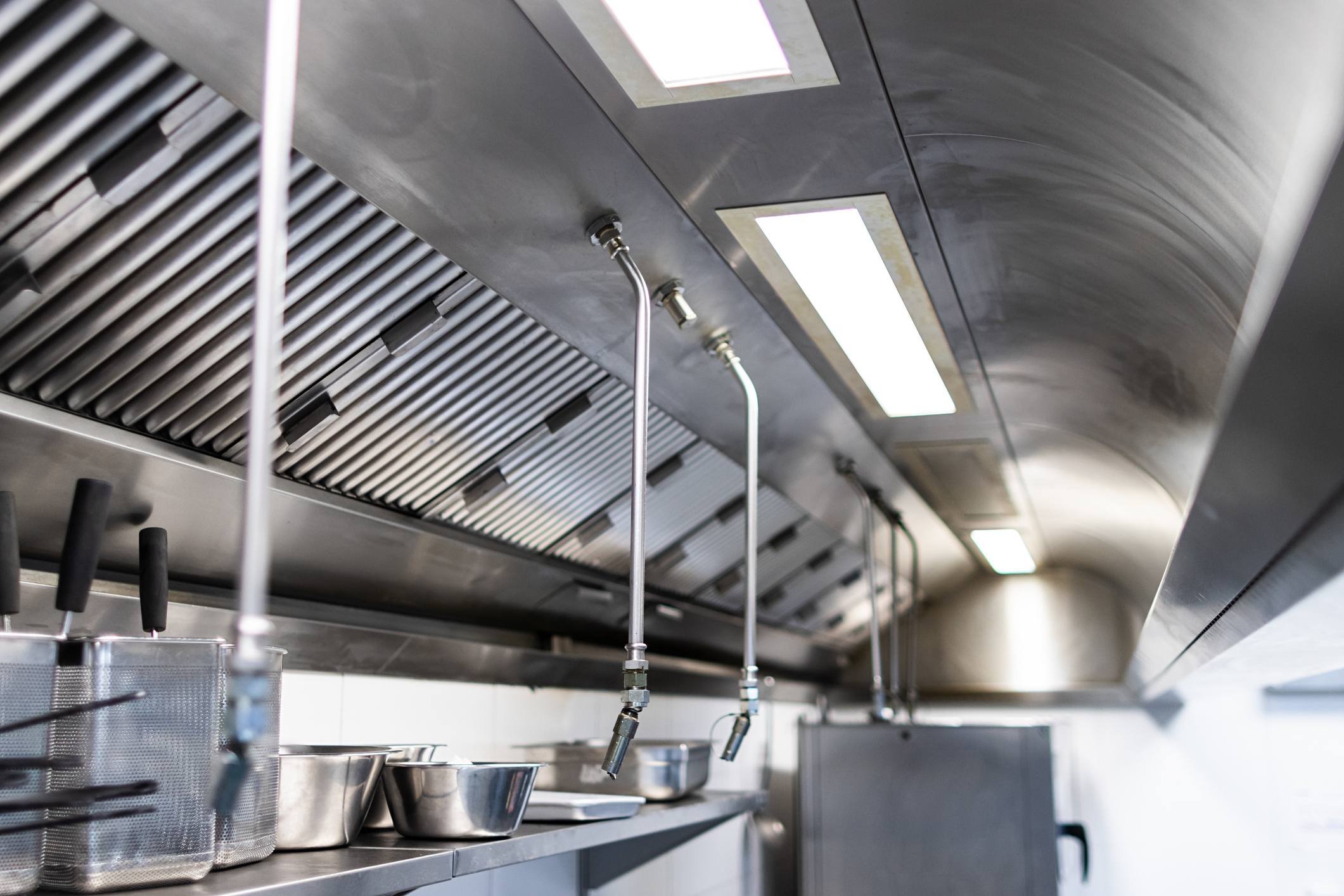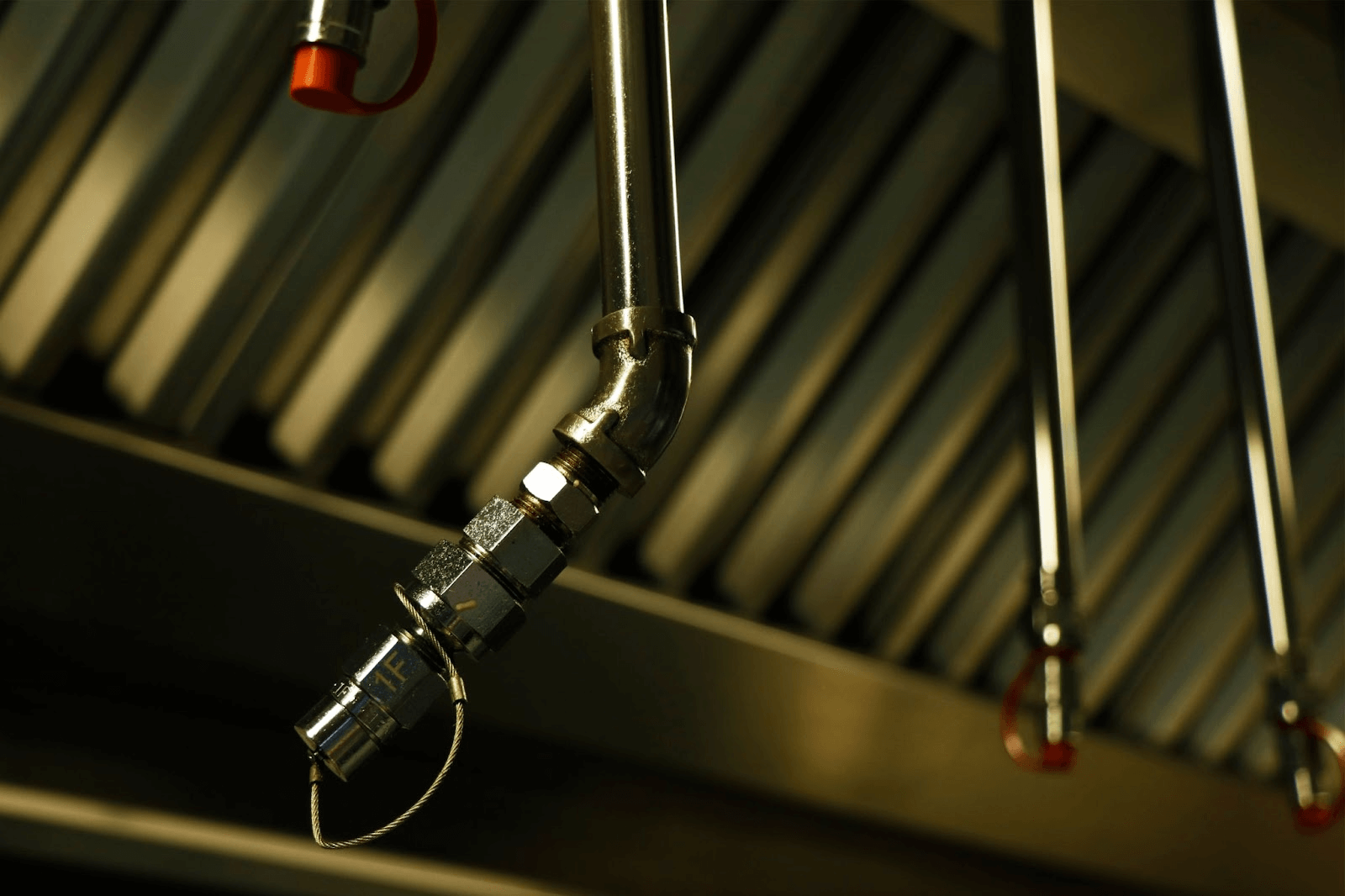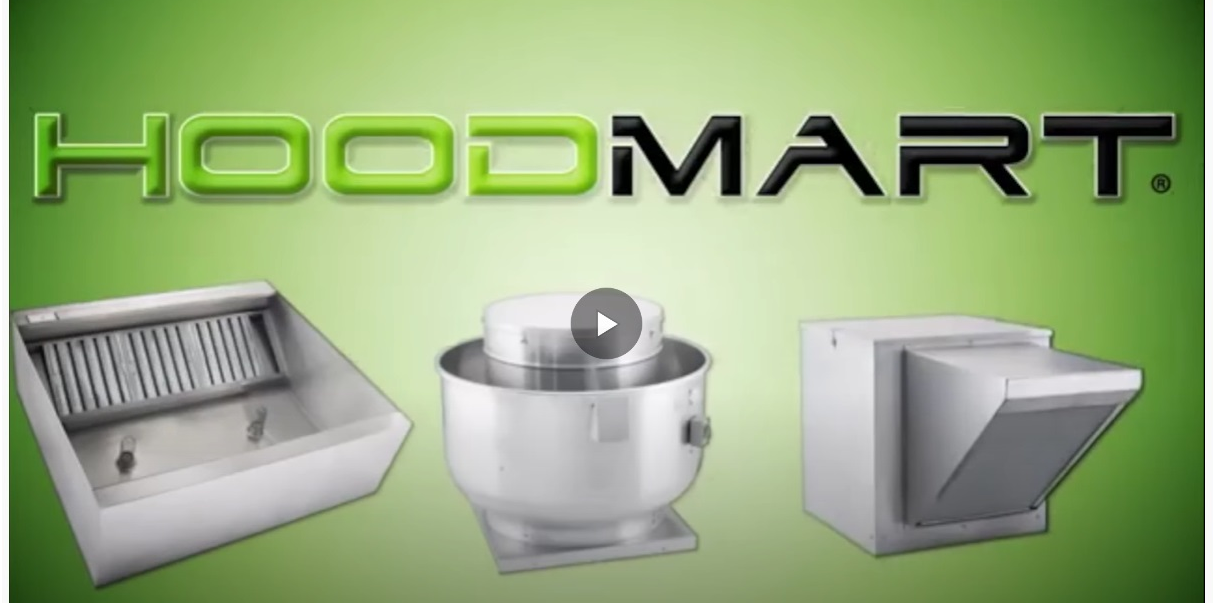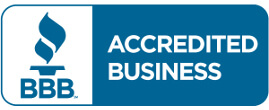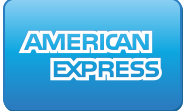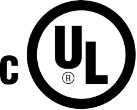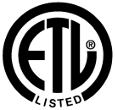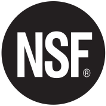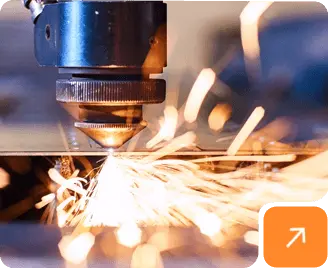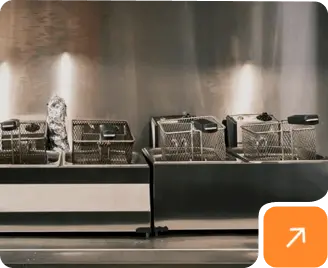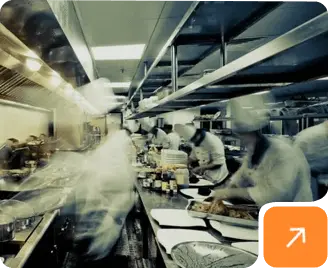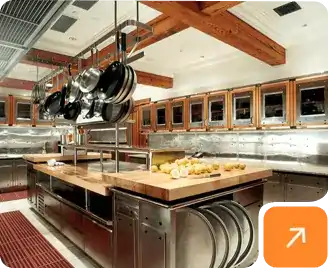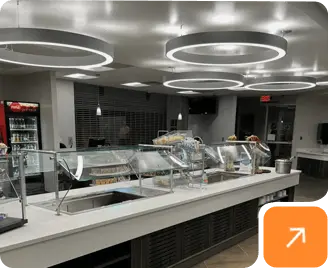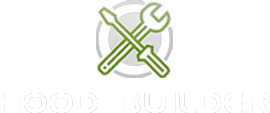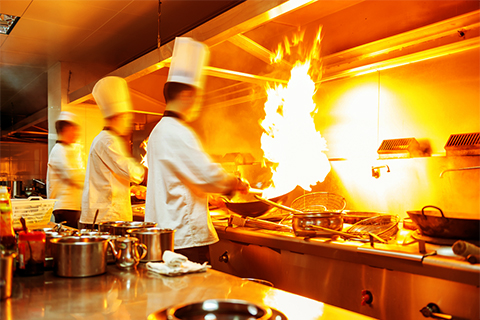
NFPA 96 - the Standard for Ventilation Control and Fire Protection of Commercial Cooking Operations - is a set of guidelines put in place by the National Fire Protection Association for restaurants and other cooking operations. The purpose of NFPA 96 is to ‘provide broad based preventive and operative fire safety requirements for the design, installation, inspection, and maintenance of commercial kitchens (per NFPA.org). NFPA 96 covers the variety of requirements for a wide range of kitchen equipment and appliances, such as cooking equipment, exhaust hoods, fans, exhaust systems, and fire-suppression systems. Part of the standards for commercial and residential cooking equipment include fire regulations for inspection and cleaning frequency, rooftop grease containment appliances, and hood grease filters.
When it comes to hood cleaning frequency, NFPA 96 guidelines require hood systems to be cleaned by a properly certified and qualified hood cleaning company. After a professional cleaning company has finished cleaning your hood system they will provide documentation for the inspectors, and often times they will leave a sticker that indicates the last cleaning date. There are different cleaning frequencies that are dependent on the type or volume of cooking taking place in the kitchen space.
Monthly - Solid fuel cooking operations (including wood, charcoal, wood pellets, coal, etc.)
Quarterly - High-volume cooking operations (24-hour kitchens, wok cooking, charbroiling, etc)
Semi-Annually - Moderate to low-volume cooking operations
Annually - Low-volume cooking operations (seasonal businesses, churches, day camps, senior homes, etc.)
All restaurants are required to have a rooftop grease containment system according to NFPA 96, and are designed to help prevent fires and other major damage to your restaurant buildings roof. A grease trap, or other rooftop grease containment system, is required for each rooftop exhaust fan. These containment systems prevent oils, fats, and grease from pooling up and collecting on the surface of the rooftop, which will not only breakdown the roof and cause structural damage but also puts the rooftop at high risk for fires.
NFPA 96 Rooftop Grease Containment Requirements:
7.8.2 – Rooftop Terminations
7.8.2.1 – Rooftop termination shall be arranged with or provided with the following:
(4) – The ability to drain grease out of any traps or low points formed in the fan or duct near the termination of the system into a collection container that is noncombustible, closed, rainproof, and structurally sound for the service to which it is applied and that will not sustain combustion
(5) – A grease collection device that is applied to exhaust systems that does not inhibit the performance of any fan
[6] – Listed grease collection systems that meet the requirements of 7.8.2.1(4) and 7.8.2.1(5)
For the actual exhaust hood filters NFPA 96 requires a UL-rated hood filter in order to pass code. The other hood filter requirements are as follows:
6.1 – Grease Removal Devices
6.1.1 – Listed grease filters, listed baffles, or other listed grease removal devices for use with commercial cooking equipment shall be provided
6.1.2 – Listed grease filters and grease removal devices that are removable but not an integral component of a specific listed exhaust hood shall be listed in accordance with UL 1046
6.1.3 – Mesh filters shall not be used unless evaluated as an integral part of a listed exhaust hood or listed in conjunction with a primary filter in accordance with UL 1046
6.2.3.1 – Grease filters shall be listed and constructed of steel or listed equivalent material.
6.2.3.2 – Grease filters shall be of rigid construction that will not distort or crush under normal operation, handling, and cleaning conditions
6.2.3.3 – Grease filters shall be arranged so that all exhaust air passes through the grease filters.
6.2.3.4 – Grease filters shall be easily accessible and removable for cleaning.
6.2.3.5 – Grease filters shall be installed at an angle not less than 45 degrees from the horizontal
There have also been several recent updates to NFPA 96 in 2021:
1) A new chapter on mobile and temporary cooking operations (this content, formerly located in Annex B, has been moved into the body of the standard to provide the minimum fire safety requirements for mobile and temporary cooking operations)
2) Removal of duplicate requirements related to mobile and temporary cooking operations and modified language throughout the standard to clarify the provisions for buildings as well as mobile and temporary cooking operations
3) Addition of the equivalent UL standards to be used in Canada
4) Replacement of the term activate with the proper term actuate throughout the standard
Keeping up with NFPA 96 code is crucial to running your kitchen - if you are not up to code you not only risk fines and temporary closings, but you put the heath and safety of your kitchen staff and patrons at risk. Making sure all of your kitchen appliances are up to code and regular NFPA 96 standard hood cleanings will help to ensure that your kitchen operation runs smoothly and that you stay operational for the long haul. HoodMart provides our customers with a wide range of exhaust hood systems - from Compensating (Short Cycle) to Perforated Supply Plenum (PSP) - as well as all exhaust hood accessories such as no-weld grease duct, hood filters, canopy hood lights, and curbs. We also offer a wide range of walk-in refrigeration systems to meet your needs. If you still have questions regarding the purchase of your hood system, please feel free to contact one of our experts today by calling us at 1.800.715.1014 or contacting us through our live chat system.



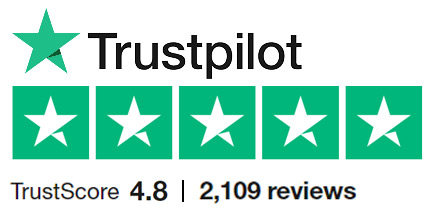




 CUSTOM FABRICATOR
CUSTOM FABRICATOR